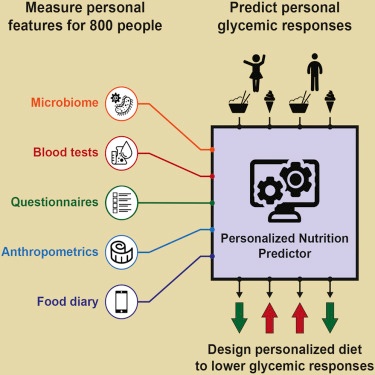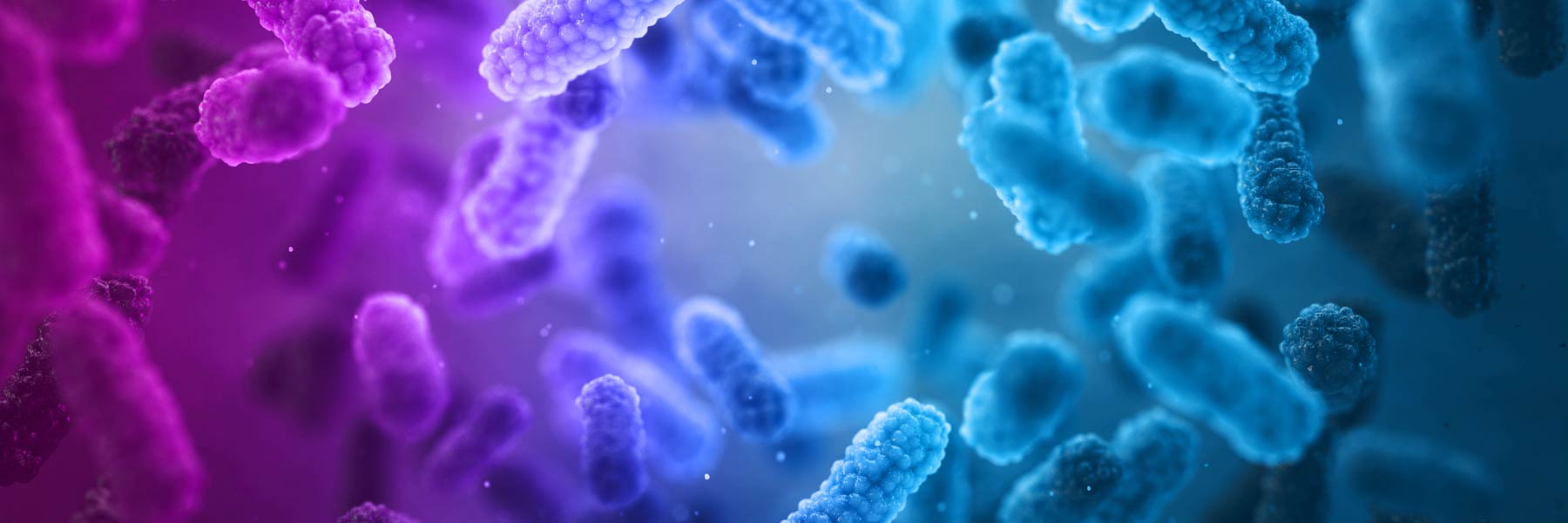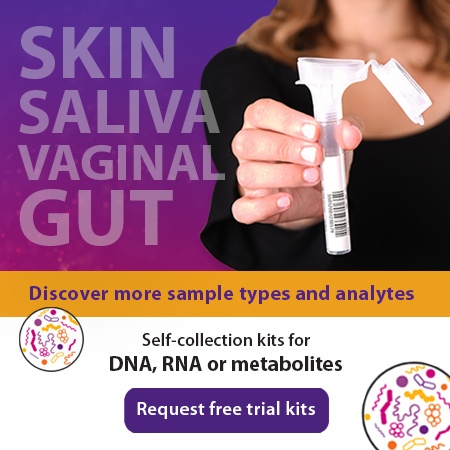2015-11-25
 You’ve likely heard about the Weizmann Institute’s Personalized Nutrition Project. The findings of this research study, which were published on November 19th, 2015 by the research groups of Eran Elinav and Eran Segal in the journal Cell, have garnered a lot of attention from the media. Their study, entitled “Personalized Nutrition by Prediction of Glycemic Responses” suggest that there is no “one-size-fits-all” diet. For some people, eating sushi will raise their blood sugar more than eating ice cream, while for others it is the opposite.
You’ve likely heard about the Weizmann Institute’s Personalized Nutrition Project. The findings of this research study, which were published on November 19th, 2015 by the research groups of Eran Elinav and Eran Segal in the journal Cell, have garnered a lot of attention from the media. Their study, entitled “Personalized Nutrition by Prediction of Glycemic Responses” suggest that there is no “one-size-fits-all” diet. For some people, eating sushi will raise their blood sugar more than eating ice cream, while for others it is the opposite.
We recently interviewed one of the authors, Dr. Adina Weinberger, and discussed the intricacies of collecting and stabilizing gut microbiome samples from their 800-person cohort. Dr. Weinberger considers the collection stage of any study workflow a critical success factor, and she and the rest of her collaborators have taken great strides to standardize their gut microbiome collection protocols. In their current publication they used swabs and/or OMNIgene•GUT to collect gut microbiome samples from hundreds of healthy individuals. They reported that when comparing a frozen swab to a sample collected with OMNIgene•GUT,
“the relative abundances for the same person are highly correlated (R=0.99 P< 10-10)”.
In our interview with Dr. Weinberger, she elaborates on the two collection methods used in this publication, “before we started using DNA Genotek’s collection and stabilization kit (OMNIgene●GUT) we used swabs which was standard procedure in this field. We noticed that when we used swabs, although we were very strict in our collection procedure, providing coolers to our users and freezing the samples immediately in -80°C freezers, we noticed in some of the swabs there was some overgrowth of bacteria on the swab after collection.”
You can learn more about how they tackled the challenge of collecting and stabilizing gut microbiome samples for 800+ healthy individuals and the steps they took to make their lab protocols 30% more efficient in our blog post Microbiome learnings from the Weizmann Institute, first published on May 26, 2015.
Have you experienced similar challenges in your cohort? What’s your favourite finding from the Personalized Nutrition Project?
Image source: Zeevi et al. Cell. 2015 Nov 19;163(5):1079-94.


